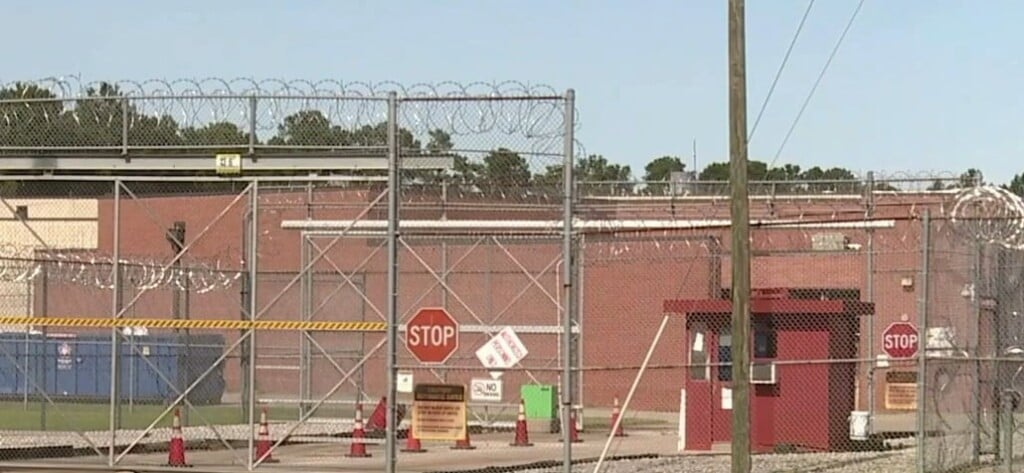DHEC’s annual report shows 25% increase in SC drug overdose deaths
Two websites offer help and resources for people suffering from drug abuse
COLUMBIA, S.C. (WOLO) —Last Friday, SCDHEC released its annual report on drug overdose deaths in South Carolina.
Director of Public Health with DHEC, Dr. Brannon Traxler, says the 2021 data shows the total number of drug overdose deaths increased by more than 25% from 2020 to 2021.
“By comparison in 2012, less than 10 ten years ago, there were only 573 drug overdose deaths in our state. That means in 2021 there were more than 3 and a half times more drug overdose deaths than there were, just nine years earlier,” says Traxler.
The report shows that opioids like heroine, codeine, and morphine contributed to roughly 80% of those overdoses.
But, Traxler says the man-made synthetic opioid known as fentanyl remains the primary reason behind overdose deaths.
According to the report, fentanyl is often illegally added to other drugs without the user being aware.
“It (fentanyl) is roughly 50 times stronger than heroin, and roughly 100 times stronger than morphine,” says Traxler.
Manager of Prevention and Intervention Services at SC’s Department of Alcohol and Other Drug Abuse Services (aka DAODAS), Michelle Nienhius, says Naloxone, more commonly known as Narcan, helps reverse the effects of an opioid overdose.
“One of the harm reduction measures when we look at overdoses strictly around opioids is the provision of Narcan, and that’s that life saving medication that can be available in the case of an overdose,” says Nienhius.
Nienhius says Narcan can be found by prescription at certain pharmacies, at drug and alcohol abuse centers, and some community organizations like churches and homeless shelters.
She says there are also two important websites that can get you or a loved one the help you need.
The website Just Plain Killers gives information on opioids and their potential dangers as well as ways to access Narcan.
Another website, Embrace Recovery SC, which focuses on support, resources, and removing stigma from the conversation surrounding drug abuse.
“Ultimately unless the person is a harm to themselves or others, the person has to actively seek treatment for themselves. But being able to help the family have those convincing conversations and the talks they can have will help that person be convinced to seek treatment on their own,” says Nienhius.
Traxler says South Carolina falls in the mid-range of overdose deaths compared to other states across the U.S.


